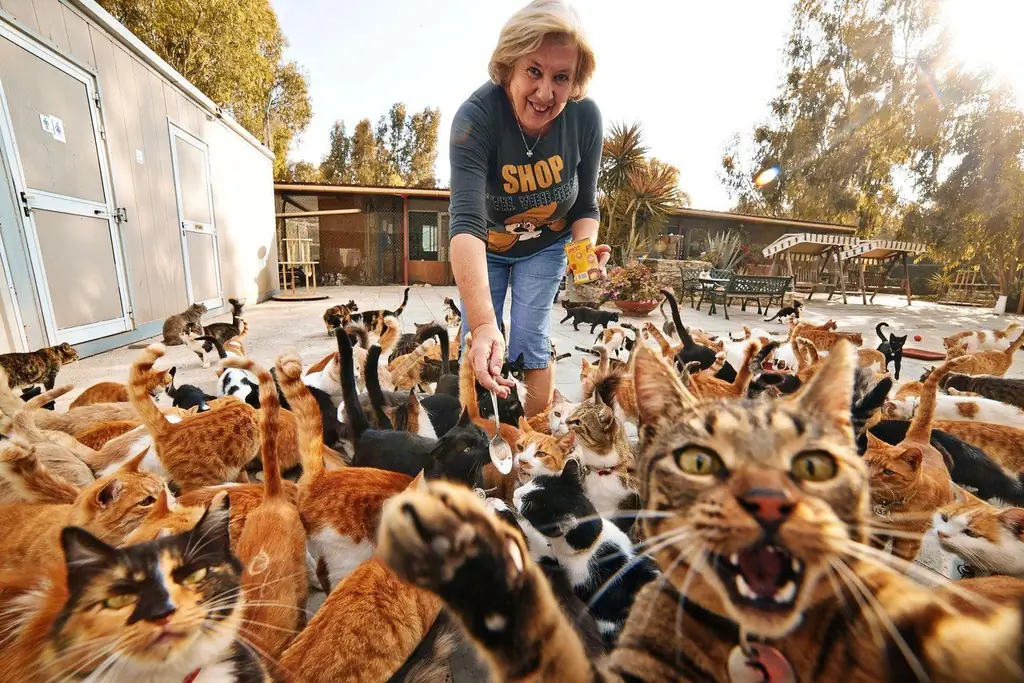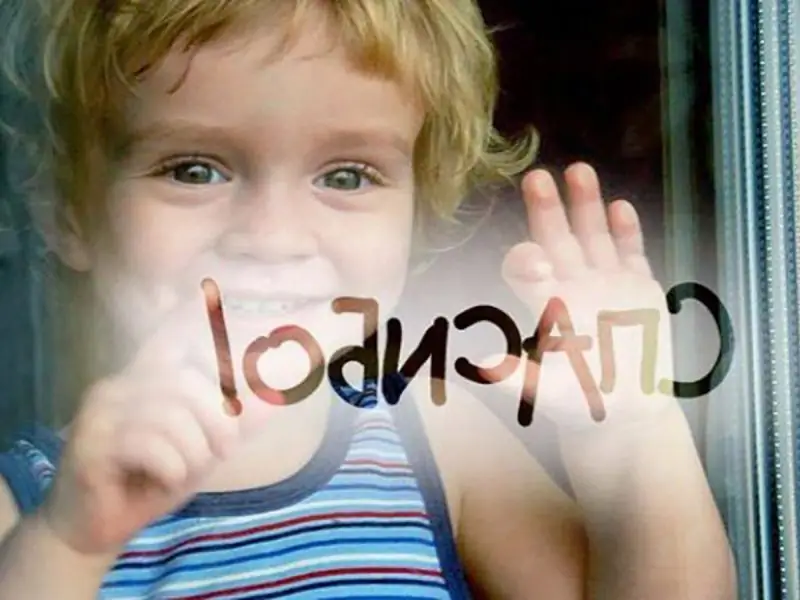
Table of contents:
- Author Bailey Albertson albertson@usefultipsdiy.com.
- Public 2023-12-17 12:53.
- Last modified 2025-01-23 12:41.
Halloween: can a Christian celebrate this holiday?

Halloween is celebrated around the world on October 31 every year. North America and Europe joined this holiday in the 19th century, today All Saints Day has gained popularity in the rest of the world, including Russia. However, the celebration of this day is negatively perceived by the Orthodox Church. So why shouldn't Christians celebrate Halloween?
Halloween story
The Halloween holiday originated many millennia ago among the Celtic tribes who lived in the territory of modern Ireland. Their calendar contained only two seasons: winter and summer. On November 1, the Celts celebrated the New Year, and October 31 was considered the day when the world of the living and the dead merged into one. People believed that during this period inhabitants of other worlds came to earth. The night from October 31 to November 1 was called Samhain.
To prevent evil spirits from harming them, people extinguished the fire in their homes and dressed up in animal skins, thereby scaring away guests from the other world. On this day, it was customary to display treats for the spirits near the house, make sacrifices and light a sacred fire in pumpkins.
In the 1st century, Christianity began to spread, and all pagan holidays were forgotten. But not Samhain. People remembered about it and told their descendants, and eight centuries later the holiday began to be celebrated again, calling it All Hallows Even, later the name was shortened to the usual Halloween.

Today, the holiday is a favorite celebration of children and youth in many countries of the world, when they dress up in all kinds of costumes, go from house to house, scare each other, exchange sweets and scary stories.
Today, following the example of the Celtic tribes, on this day it is customary to dress up in costumes of evil spirits, so that evil spirits who come to earth take a person for their own and do not touch him. Also, a pumpkin is considered an integral attribute, on which an ominous face is carved, and a candle is placed inside. Halloween parties and various entertainment events are held.
Russian analogues of Halloween
The Russian people love to adopt everything from the West, however, our ancestors had holidays similar to Halloween. The closest to him can be considered Christmastide - a holiday celebrated between Christmas and Epiphany. According to popular belief, during this period the world has not yet received baptism, which means that evil spirits and unclean forces walk on the earth. On Christmastide, it is customary to guess, learning their future fate from evil spirits, as well as caroling - dressing up in costumes and going to neighboring houses, collecting treats.

The Slavic people believed that on the night of Ivan they bathed trees, birds and animals could reasonably think, talk and adjust petty mischief
Another holiday similar to Halloween is considered to be Ivan Kupala - an ancient pagan holiday that, with the arrival of Christianity in Russia, turned into a church one. In ancient times, July 7 was considered the day of the change of the solar cycle. On Ivan Kupala, the Slavs kindled fires, jumped over the fire and cleansed themselves in reservoirs. There was a belief that on the night of July 7, evil spirits, mermaids and others wake up, so people did not sleep all night so as not to become a victim of evil spirits.
Why Christians Shouldn't Celebrate Halloween
The Orthodox Church is negatively disposed towards celebrating Halloween, but there is no official ban on the holiday. The priests assure that All Saints' Day is an echo of a pagan holiday, which a Christian cannot celebrate. In addition, the costumes of evil spirits, in which it is customary to dress up, are in no way comparable with the Orthodox views: if a person put on the costume of an evil spirit, it means that he serves demonic forces, and not divine ones. Among other things, the tradition of "treat or life" is also considered an echo of paganism, when our ancestors paid off from evil spirits, sacrificing to it.

The Church assures that there has been a serious substitution of concepts and now All Saints Day is a time of revelry and triumph of evil spirits, an Orthodox person, who is a follower of Christ himself, should not stoop to the level of similarity to demons
All priests oppose a Christian celebrating Halloween:
The Orthodox Church does not prohibit the celebration of Halloween, but in no way does it approve of it. The essence of Halloween is contrary to Christian views, therefore, a believer should not celebrate it.
Recommended:
How To Celebrate The New Year Of The Pig

Features of choosing an outfit for the New Year's holiday 2019, taking into account the eastern and zodiac horoscopes: colors, styles of dresses, accessories
Why Christians Shouldn't Celebrate New Year: True Or Myth

How the Orthodox Church relates to the celebration of the New Year. How believers should celebrate the New Year. As the Church members celebrate the New Year. Councils of priests
World Day Of Cats And Cats: When They Celebrate (August 8 Or March 1) In Russia And The World, History And Description Of The International Holiday

The history of the appearance of the day of cats. What days are celebrated in different countries of the world. How and with what attributes the holiday is celebrated in Russia and in the world. Interesting Facts
How To Celebrate A Birthday In An Unusual And Inexpensive Way: Ideas For Adults And Children

Birthday options for a child, teenager or adult. Original ideas that can be easily and inexpensively implemented on your birthday
Why You Can't Say Thank You In Prison, Bathhouse, Christians And Other Situations

When and why you can't say “thank you”: 6 situations (Christians, in prison, etc.)
